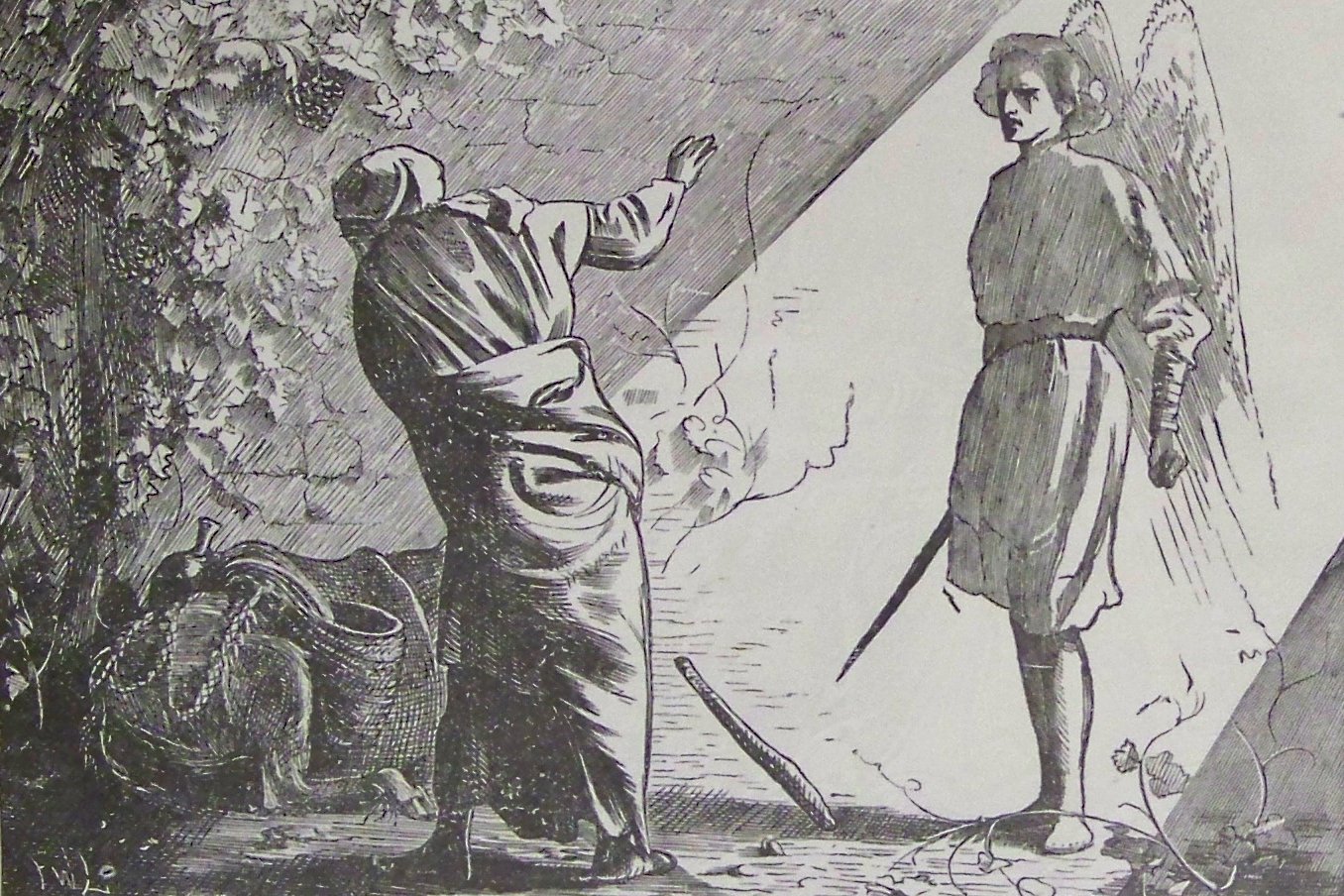In the year 1948, David Ben Gurion proclaimed the establishment of the Jewish State in Eretz Yisrael. Yet, Ben Gurion and his peers could hardly claim full credit for this act, since as the eminent British historian Paul Johnson has written, in truth: “The State of Israel is the product of more than 4,000 years of Jewish history”. With such a rich history behind it, perhaps the most important question regarding the newly found state was: Where would it be heading? What was its basic identity and raison d’etre? Would the state become a “nation like every other nation” as Herzl and many political Zionists believed it should be, or would it blend Jewish Nationalism together with loyalty to the historical religious faith of the Jewish People, as the Mizrachi Party believed was right? At the time of its founding, many points of contention such a this were simply left open – to be decided with the passage of time.
An important insight into the question of the ideal relationship between the Jewish nation and the nations of the world, can be gleaned from this week’s Parsha. In Bamidbar 23:9 we read: “Hen Am Levadad Yishkon U’vagoyim Lo Yitchashav”, “Behold a people that shall dwell alone and not be reckoned among the nations”. This verse teaches us that while we are a part of the league of nations, at the same time – on a deep existential plane – we are apart from them.
Rav Shternbuch quotes Rav Elchanan Wasserman zt”l’s explanation of the difference between the two terms “Am” (-People) and “Goy” (-Nation), mentioned in the above verse.
Every nation (Goy) needs a land in order to forge it into a people. The Jewish People, however, are different than the Goyim, as our identity as an Am came about outside of our homeland, by virtue of our shared religion. The land’s importance is mainly as a holy site affording us the possibility of fulfilling the Mitzvoth Hate’luyot Ba’Aretz. This understanding of the verse explains the Chareidi antagonism to a Jewish State, as this political entity is perceived as promoting a vision in which geography – the land – takes the place of spirituality and morality as the basis for our shared nationalistic identity.
On a personal level, though, I find this very same verse to be partially responsible for my own Zionist fervor. This pasuk always manages to transport me back in time to the year 1961 – back to my early student days in my hometown of Montreal. The local Hillel House played host to a highly publicized debate place between the renowned British historian Dr. Arnold J. Toynbee and the then Israeli Ambassador to Canada Dr. Yaakov Herzog z”l.
(A record of the debate can be found in Herzog’s collected writings and speeches aptly entitled: “A People That Dwells Alone”).
The most famous point of argument raised in the course of this historic debate, revolved around Toynbee’s derogatory categorization of the Jewish people as a “fossil civilization’ – not dead but not truly alive in the present. As a result of Herzog’s counter-argument Toynbee ultimately retracted this term, claiming that the term “fossil” should be substituted with “frozen” as the Jewish people were slowly thawing from an extended period of permafrost.
At the conclusion of this highly publicized debate, which was broadcast across Canada, many in the media declared Dr. Herzog the clear winner. For a young college student like myself, having been in attendance at that exciting dispute was a very uplifting experience.
Another attendee of the debate, Irwin Cotler (-then a law student studying at McGill University who went on to become a Justice Minister of Canada), conveyed his feelings in an interview he gave Herzog’s biographer years later: “If the Jewish students had felt humiliated by Toynbee’s (prior) lecture”, he continued, “now they felt pride and self-respect as Jews. What Herzog did, had psychological, no less than intellectual, impact”.
The entire episode filled me with great Jewish pride and, no doubt, contributed to my desire to come study in Israel and ultimately to make Aliyah.
My daughter in law once asked me to explain the source of my Zionist aspirations, seeing as I was raised in a home, and schooled in a Yeshivah high school, wherein I received no Zionist education. I am not sure I can give a full answer to this question, but I am sure that the words I heard that day played a great role.
I would like to conclude with an interesting note. Dr. Herzog himself was an Oleh. When his father Rabbi Isaac Herzog left Dublin in order to assume the role of Israel’s Chief Rabbi, his son Yaakov was sixteen years old. I can easily imagine the naysayers warning Rabbi Herzog against such a move, portraying the possible negative ramifications of uprooting and relocating a teenager to a foreign culture – Jewish history will surely judge otherwise…
Who knows what destiny awaits your children upon making Aliyah!
Rabbi Yerachmiel Roness
Ramat Shilo, Bet Shemesh
RABBI YERACHMIEL RONESS was born and raised in Montreal, Canada. After serving as a congregational Rabbi and as a Hillel Director in New York City, he made Aliyah in 1983 with his wife Dina and their five young children.
Ever since, Rabbi Roness has dedicated his life to promoting Aliyah. First, as Rabbi of the Jewish Agency’s Absorption Centers, and subsequently as the executive director of the Aloh-Naaleh organization.
This article was taken from Rabbi Roness’s new book: Aloh Na’aleh – Eretz Yisrael and Aliyah in the Weekly Parshah. The book is for sale on Amazon.









